RBC is the biggest bank in Canada, so it's obvious they'd have a strong selection of credit cards in their portfolio.
With rewards cards, airline cards, and cash back cards on offer, you'll definitely have some thinking to do if you want one of their cards.
But say you don't want an RBC credit card? Well, your selection is about to get a lot harder if you don't know what you're looking for.
Luckily for you, this article will go over a bunch of RBC's top offers and some really convincing alternatives you could try.
Let's see what the other options can offer you in terms of rewards, perks, and bonuses.
Never miss an amazing deal again + get our bonus 250+ page eBook for FREE. Join 50,000 other Canadians who receive our weekly newsletter – learn more.
RBC credit cards and better alternatives
Here are the top RBC cards currently offered, and a better alternative to consider for each of them.
| RBC Credit Card | Better Alternative | Why It’s Better |
|---|---|---|
| RBC Avion Visa Infinite | Earn more rewards. | |
| RBC Rewards+ Visa | Better rewards, increased insurance | |
| RBC Cash Back Preferred World Elite Mastercard | Better perks and has first time bonuses | |
| RBC Cash Back Mastercard | Earn 2% cash back in 2 (or 3) categories with no limits | |
| RBC Rewards Preferred Visa | Increased rewards, insurance, and no foreign transaction fees |
RBC Avion Visa Infinite vs Amex Cobalt: Which Is Better For Flexible Rewards?
With the backing of the RBC Rewards program, the RBC Avion Visa Infinite will give you a good variety of ways to use your points.
You can transfer to 4 airline programs (including WestJet), use the Avion Air Travel Redemption schedule for increased value when redeeming for flights, or book any travel you like through RBC Rewards.
However, the card only earns 1 point per $1 on all purchases, so unless you get great value from transferring to airlines or using the flight chart, you won’t be getting much value out of your spending, as each point is only worth 1 cent on travel redeemed any way.
Also, the airline transfer options are limited. 3 of the airlines all belong to the same alliance – Oneworld. And while transferring to WestJet may seem appealing, 100 points only becomes 1 WestJet dollar, giving you a meagre return of 1%.
Our top alternative – American Express Cobalt card
Conversely, the
- 5 points per $1 spent on eligible groceries and restaurants (up to $2,500 spent per month)
- 3 points per $1 spent on eligible streaming services
- 2 points per $1 spent on eligible gas, transit, and ride share purchases
- 1 point per $1 spent on foreign currency purchases
- 1 point per $1 spent on all other purchases
And it has a flight rewards schedule, transfer points to 6 airlines, options to book travel from any provider where each point is also worth 1 cent, or even transfer your points at a 5:6 ratio to Marriott Bonvoy.
For more points and better redemption options, the Amex Cobalt fits the bill.
GC: $100
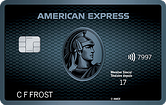
RBC Rewards+ Visa vs MBNA Rewards Platinum Plus Mastercard
For no fee rewards card, the RBC Rewards+ Visa lets you earn rewards you can use for travel, merchandise, gift cards, and more.
You can earn 1 point per every $1 spent on gas, groceries, and drugstores purchases, and 1 point per $1 spent on all other purchases.
However, with each point worth a maximum of 1 cent when redeemed for travel, it leaves a lot to be desired in terms of total rewards.
Our top alternative – MBNA Rewards Platinum Plus
If you’re craving more, the
How many? Up to 2 points per $1 spent:
- 2 points for every $1 spent on restaurants, groceries, and select recurring bills (up to $10,000 spent annually per category)
- 1 point per $1 spent on all other purchases
Use your points for any travel booked through MBNA Rewards for a value of 1 cent per point. That’s double the rewards value compared to the RBC Rewards+ Visa.
Or, redeem for merchandise, gift cards, or statement credits if you so choose.
Throw in 3 types of insurance and it’s no wonder why it’s one of our top no fee travel cards.
RBC Cash Back Preferred World Elite Mastercard vs Brim World Elite Mastercard
For a premium cash back card, RBC offers the RBC Cash Back Preferred World Elite Mastercard.
You’ll earn a cool 1.5% cash back on every purchase you make. No caps, tiers, or categories to worry about.
But aside from that, this card doesn’t have much to offer for an annual fee of $99.
Our top alternative – Brim World Elite Mastercard
For a premium cash back card that also offers a single earn rate, the
For insurance coverage, you’ll get 15 (out of
You’ll get better rewards, insurance, and more perks, for a higher annual fee of $199.
RBC Cash Back Mastercard vs Tangerine Money-Back Mastercard
For a basic gas (factoring the Petro Canada savings) and grocery card, the RBC Cash Back Mastercard can fit the bill.
You’ll earn 2% cash back on groceries (up to $6,000 per year), save 3 cents per litre on gas at Petro Canada, and earn 0.5% on all other purchases (1% after spending $6,000 per year).
Our top alternative – Tangerine Money-Back Mastercard
But, for unlimited 2% grocery rewards, 2% gas rewards at any station and the possibility to earn 2% on another category of your choice, the
You can earn 2% cash back on 2 categories (3 if you have a Tangerine Bank account), on a variety of 10 categories of your choosing. Here are the various categories available:
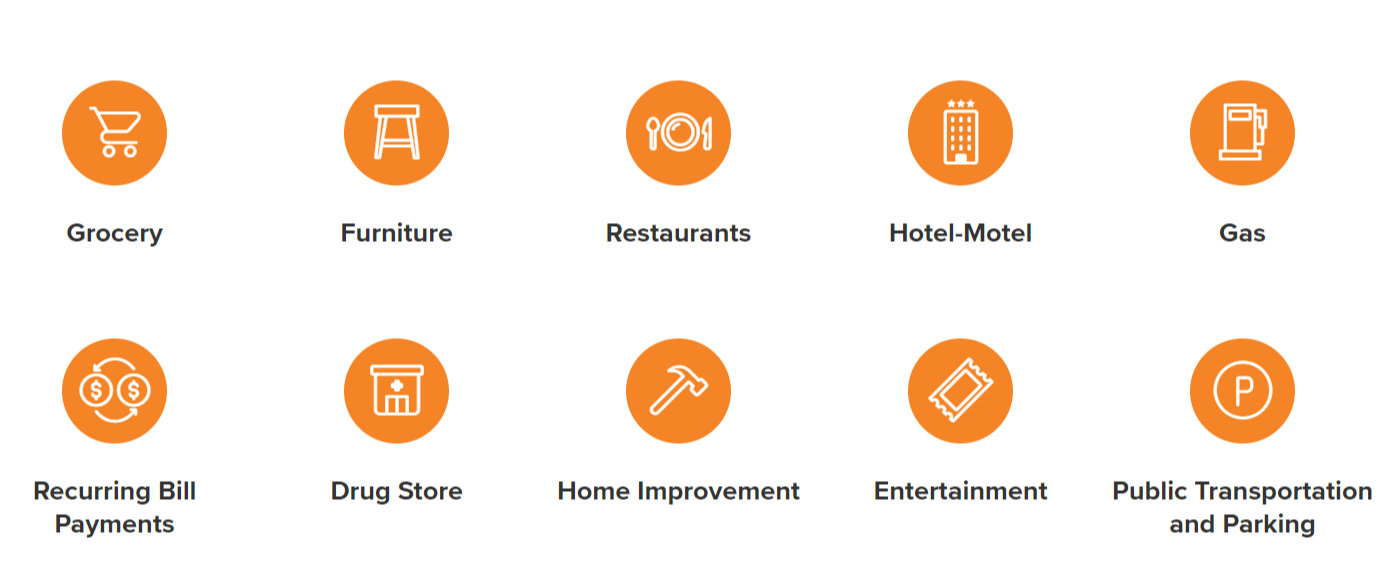
How you choose to earn your bonus cash back is entirely up to you.
GC: $120 + $20
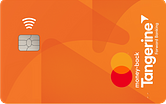
RBC Rewards Preferred Visa vs Scotiabank Gold American Express
For a premium travel rewards card that has no income requirements, RBC offers the RBC Rewards Preferred Visa.
You’ll earn 1 point for every $1 spent on the card that can be used to book any travel through RBC Rewards for a value of 1 cent each.
But the card’s value lies in its insurance package. It comes with a stellar 11 types of coverage. You’ll know you’ll be covered if something happens while you’re travelling with this card.
So while it is good, the rewards obviously leave something to be desired. Earning a 1% return for an annual fee of $110 isn’t great, and there are other cards out there that will provide good insurance as well as a better return for a similar annual fee.
Our top alternative – Scotiabank Gold American Express
For great insurance, flexible travel rewards, and a low income requirement of $12,000, the
For starters, you’ll earn much more rewards, up to 5 times in fact:
- 40,000 point welcome bonus when you spend $1,000 in the first 3 months and $7,500 in the first year,
- 5 points per $1 on groceries, restaurants, and entertainment,
- 3 points per $1 on gas, transit, and select streaming services, and
- 1 point per $1 on all other purchases.
With each point worth 1 cent when redeemed for travel through Scene+, that’s up to a 5% return on your spending.
As for insurance, it has 11 types of coverage included.
To top it off, the card also has no foreign transaction fees. You’ll save 2.5% on every purchase you make in a foreign currency.
GC: $100
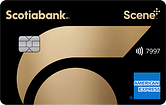
A Visa Alternative: Would you prefer a Visa? Then consider the
With a BMO Rewards point worth up to 0.67 cents each, that’s a return of up to 3.35% on your purchases.
GC: $150

What do you think?
RBC does have some good cards in their portfolio.
However, there are certainly better alternatives out there for all of them.
What do you think of our recommended alternatives?
If you have an RBC card, is there another card making you think about replacing your current card?
Let us know in the comments below.
creditcardGenius is the only tool that compares 126+ features of 227 Canadian credit cards using math-based ratings and rankings that respond to your needs, instantly. Take our quiz and see which of Canada's 227 cards is for you.



 ×9 Award winner
×9 Award winner  $100 GeniusCash + Earn up to 15,000 Welcome Bonus Membership Rewards® Points.*
$100 GeniusCash + Earn up to 15,000 Welcome Bonus Membership Rewards® Points.*
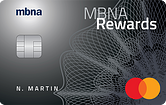

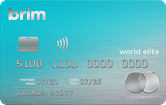





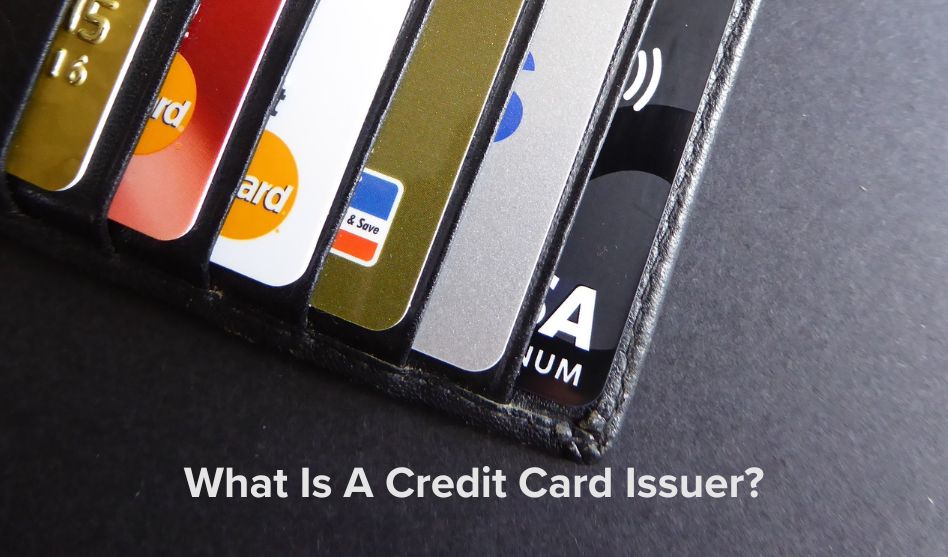

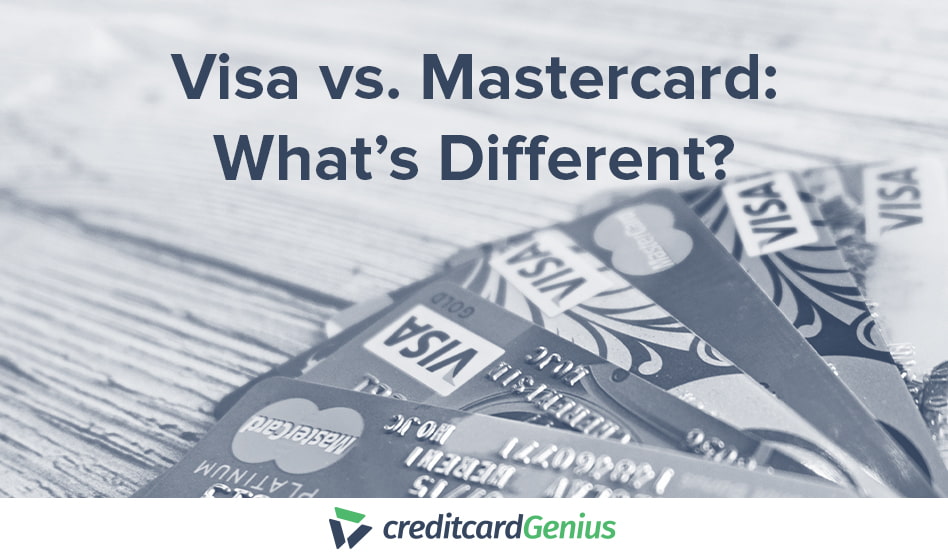


 GC:
GC: 






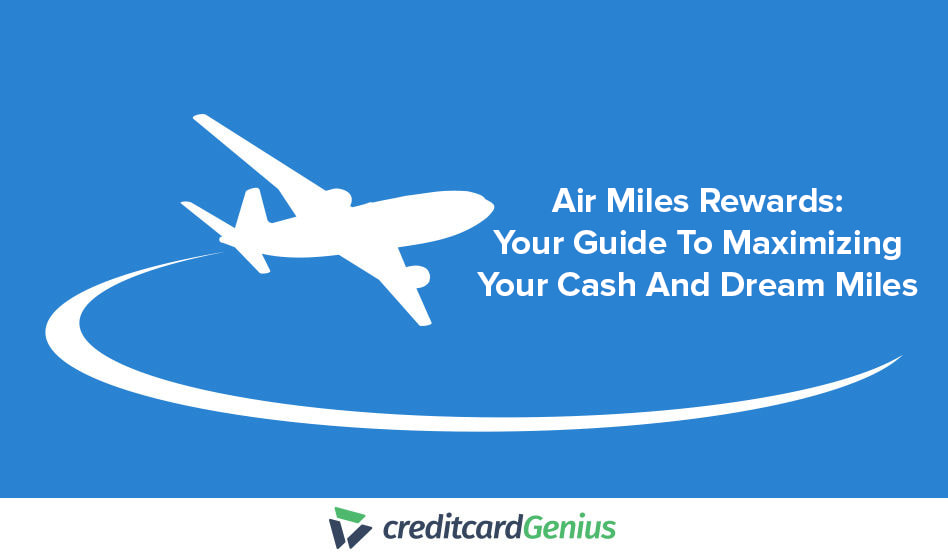



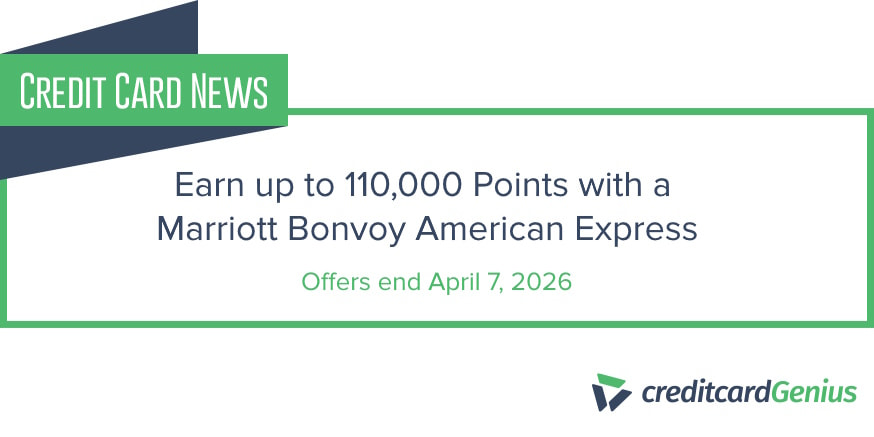
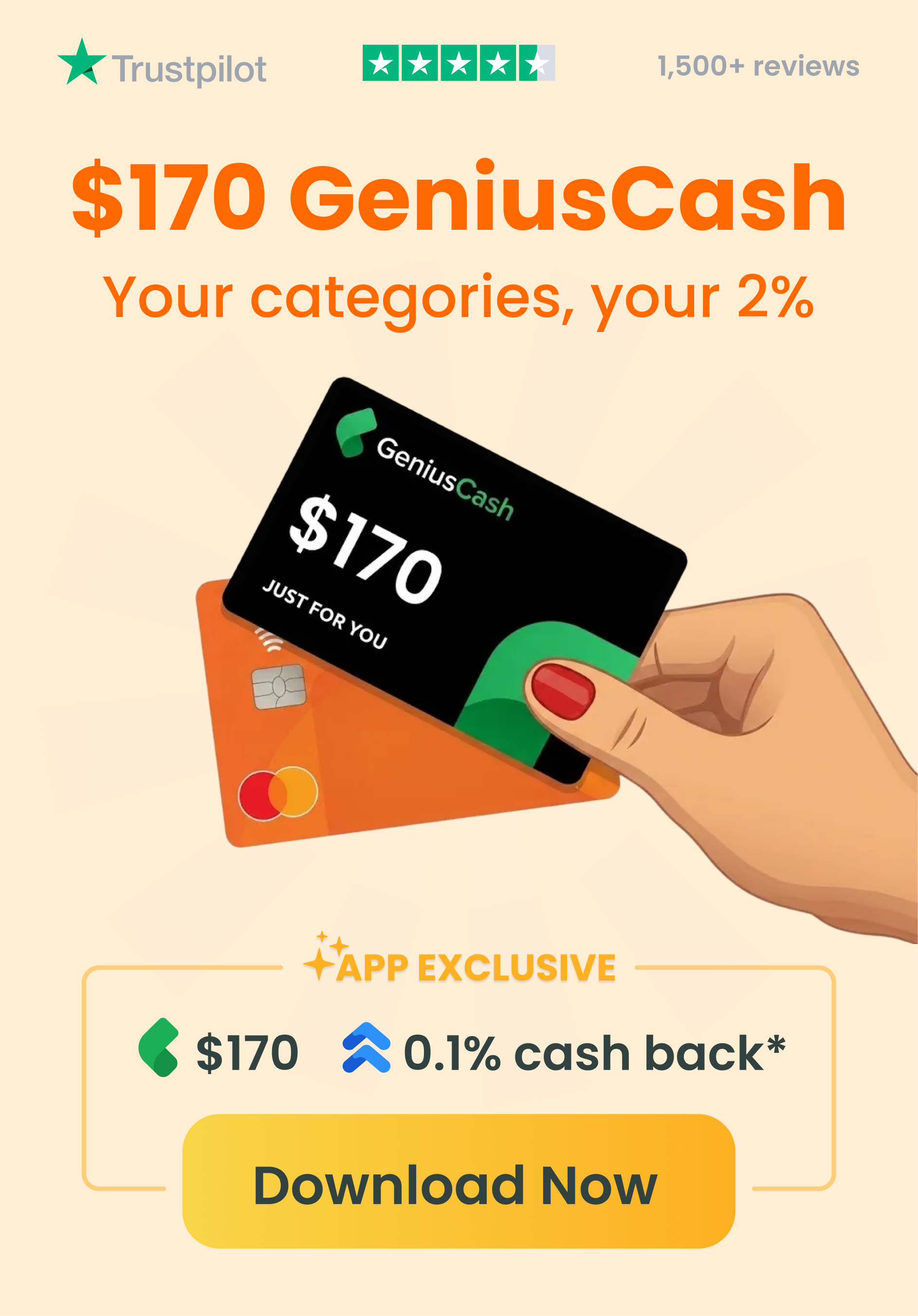





















Comments
Leave a comment
Required fields are marked with *. Your email address will not be published.
Showing 4 comments